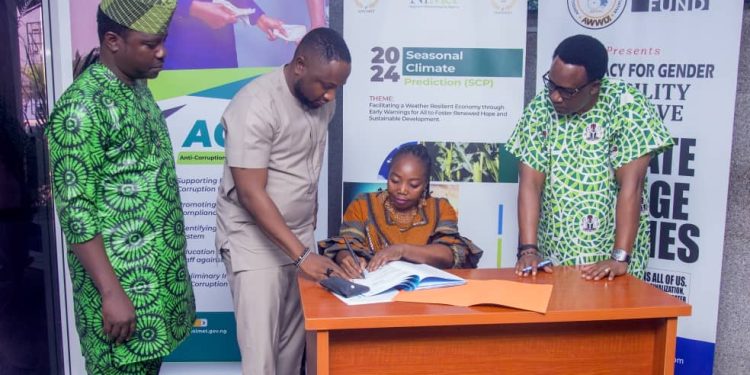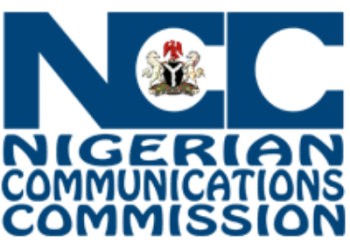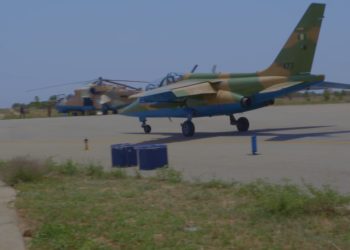by Nkechi Eze
Climate change has been demonstrated to have both a direct and indirect impact on the effective enjoyment of a wide range of human rights, including the rights of persons with disabilities. Persons with disabilities are often among those most adversely affected in an emergency, sustaining disproportionately higher rates of morbidity and mortality, and at the same time being among those least able to have access to emergency support.
The adverse impacts of climate change on individuals with multiple vulnerability factors, including women and girls with disabilities, require adequate measures that take into account their specific requirements and ensure their participation in disaster response planning for emergency situations and evacuations, humanitarian emergency response and healthcare services. On the premise of this, the Advocacy for Women with Disabilities Initiative (AWWDI) has signed a Memorandum of Understanding (MoU) with the Nigeria Meteorological Agency (NiMet) to address the climate change and weather-related challenges faced by persons with disabilities (PWDs) across the country. According to a statement made available to newsmen, this strategic partnership is aimed at improving the accessibility of weather forecasts and climate change information for PWDs, ensuring they are equipped with the knowledge to better prepare for environmental changes and extreme weather events.

AWWDI explained through this collaboration, they will work with NiMet to create inclusive weather reports and climate adaptation strategies, ensuring that information is accessible in formats such as braille, audio, and sign language, tailored specifically to the needs of PWDs. Further more, the initiative aims to build awareness and capacity among PWD communities on the impacts of climate change and how to take proactive measures in response to weather forecasts.

As part of its commitments to inclusivity, NiMet pledged to collaborate and work closely with AWWDI to raise awareness and empower communities of People With Disabilities (PWD), to take proactive measures based on weather forecasts. The agency stresses that inclusivity is crucial in addressing climate change and equipping vulnerable groups with necessary tools to minimize risks from climate-related disasters.

According to Kolawole Jayeoba, Program Manager for AWWDI, this partnership marks a significant milestone in promoting environmental and social inclusivity for People With Disabilities (PWDs).

“We are grateful to the Nigeria Meteorological Agency for joining hands with us in this critical initiative. By ensuring that climate and weather information is made accessible to people with disabilities, we are helping to reduce the vulnerability of these communities to climate-related disasters,” he said.
The Disability Rights Fund (DRF), a key supporter of this initiative, remains committed to advancing the rights of People With Disabilities (PWDs), ensuring their inclusion in policy discussions and actions that affect their lives. Through this collaboration, AWWDI will persist in promoting inclusive and sustainable development for all Nigerians, with a special focus on women with disabilities.















